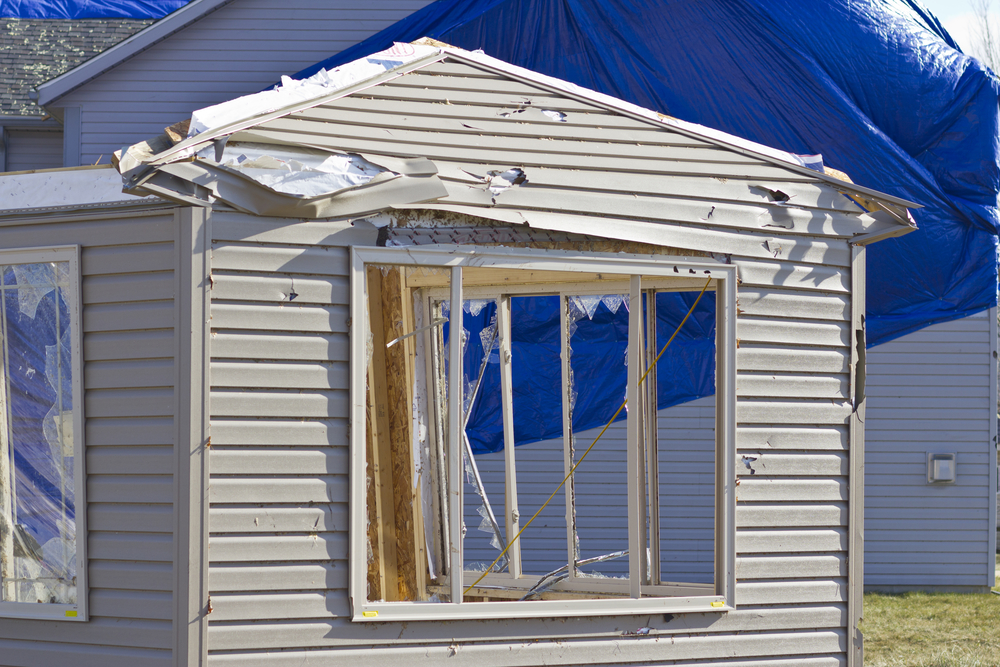The sheathing works with the roof framing to transfer lateral loads to the home s shear walls.
Roof sheathing for torandao proof.
Use roof sheathing with a minimum thickness of 19 32 inches for added strength in high risk high wind zones.
There is a vast array of metal roofing options like stone coated steel shingles or metal panels which are installed in an interlocking pattern.
Metal many roofers will tell you that metal is the gold standard for tornado resistant roofing.
A tornado resistant roof s primary function in a continuous load path is as a horizontal diaphragm that moves the loads imposed by heavy winds to the supporting walls below.
If your roof decking also called roof sheathing is not structurally sound your roof materials.
Do not attach with staples.
Many tornado prone areas are also prone to hail.
Use a nailing pattern of 8d ring shank nails at 6 inches on center.
Finally the roof framing pulls from the supporting walls.
Insulated reinforced concrete roof decks the only known roof systems that have consistently survived high category hurricane and tornado velocity winds have been built with structural reinforced concrete decks securely and sufficiently connected to structural reinforced concrete or reinforced concrete block walls.
For shingles wind ratings are based on standards published by astm international formerly known as the american society for testing and materials and resistance to impact is based on an.
Unfortunately concrete decks can only be installed on homes that have concrete walls due to the heavy weight of this decking type.
Insulated reinforced concrete roof decks are considered the most tornado resistant decks available due to their extreme strength.
The roof sheathing is the first structural element in the load path between the roof system and the foundation.

